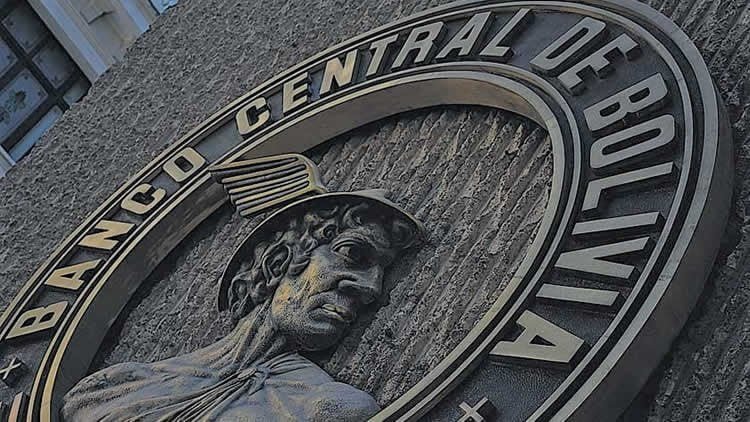Central Bank of Bolivia Selling Dollars Directly to Citizens as Devaluation Fears Rise – The Central Bank of Bolivia is taking exceptional actions to provide foreign currency to its domestic market. In a statement on March 6, the monetary authority declared that it will begin offering dollars directly to citizens in addition to the conventional currency exchange market.
This move aims to combat what the central bank refers to as a “speculative attack” on the country’s monetary system. The rumored rise in the exchange rate has led Bolivians to acquire more dollars as a safeguard, prompting the need for this intervention.
Edwin Rojas, president of the Central Bank of Bolivia, stated: “The Central Bank of Bolivia opens its doors, we reiterate, through Banco Unión, since it is the body that is going to collaborate with us in this process so that the population that demands dollars and cannot get them (outside) can come to us to satisfy their demand.”
People Also Read: Digital Real Pilot to Run on Ethereum-Compatible, Permissioned Blockchain
Currency Reserves and Fears of Devaluation
The central bank is experiencing a surge in the demand for dollars, attributed to concerns about the state of the national reserves, which could potentially impact the exchange rate of the U.S. dollar. Bolivia has a fixed exchange rate established in 2011, where each dollar is valued at 6.86 bolivians. In contrast, countries such as Venezuela and Argentina, which imposed exchange controls on foreign currency, have faced high levels of inflation and devaluation as a result of these restrictions.
Rojas provided an overview on March 9 of the market’s response to the measure, indicating that over $91 million had been allocated in the past two weeks to meet the unprecedented demand. He clarified that the country had no intentions to alter its monetary policy. Nonetheless, experts are uncertain about the sustainability of these developments.
The most recent report on foreign currency reserves was released on February 8, revealing that the central bank held $372 million. This amount is lower than the monthly requirement of $400 million estimated by local economist Antonio Saravia, who doubts the government’s ability to maintain this level of intervention for an extended period.
READ MORE
Silvergate Bank Announces Voluntary Liquidation as Crypto Industry Woes Persist




